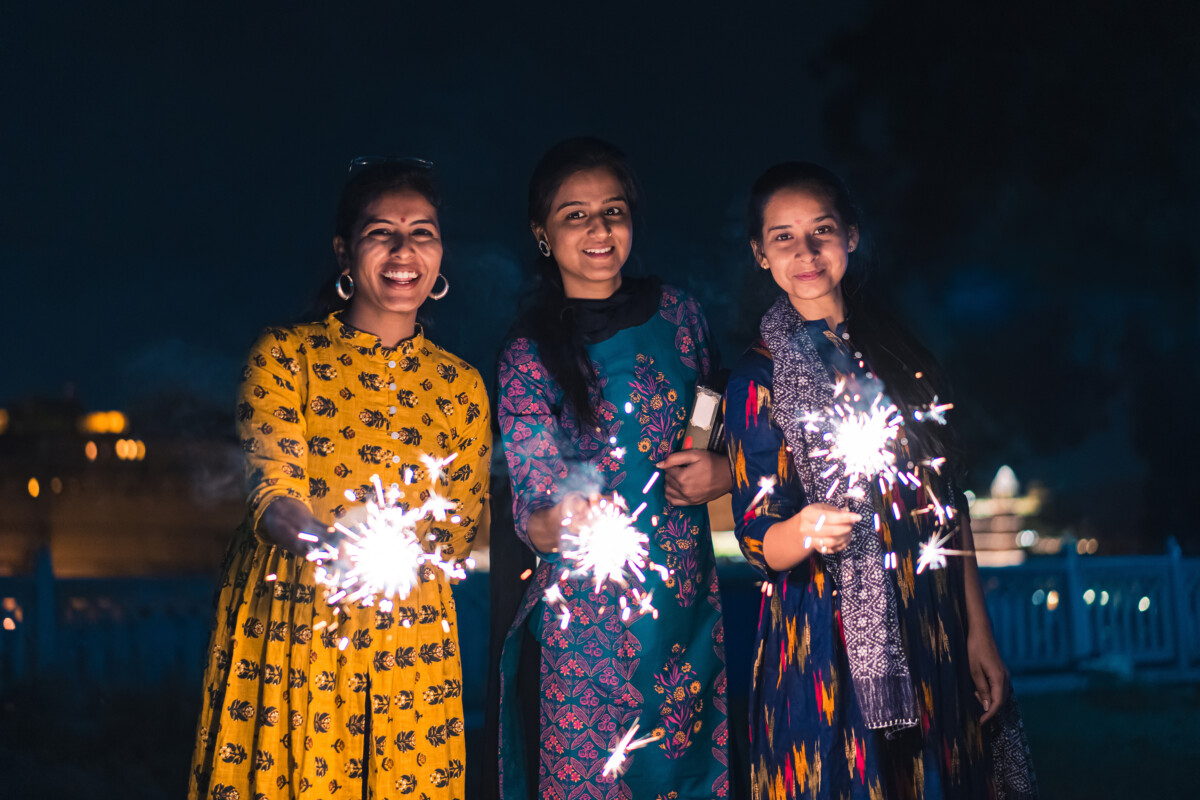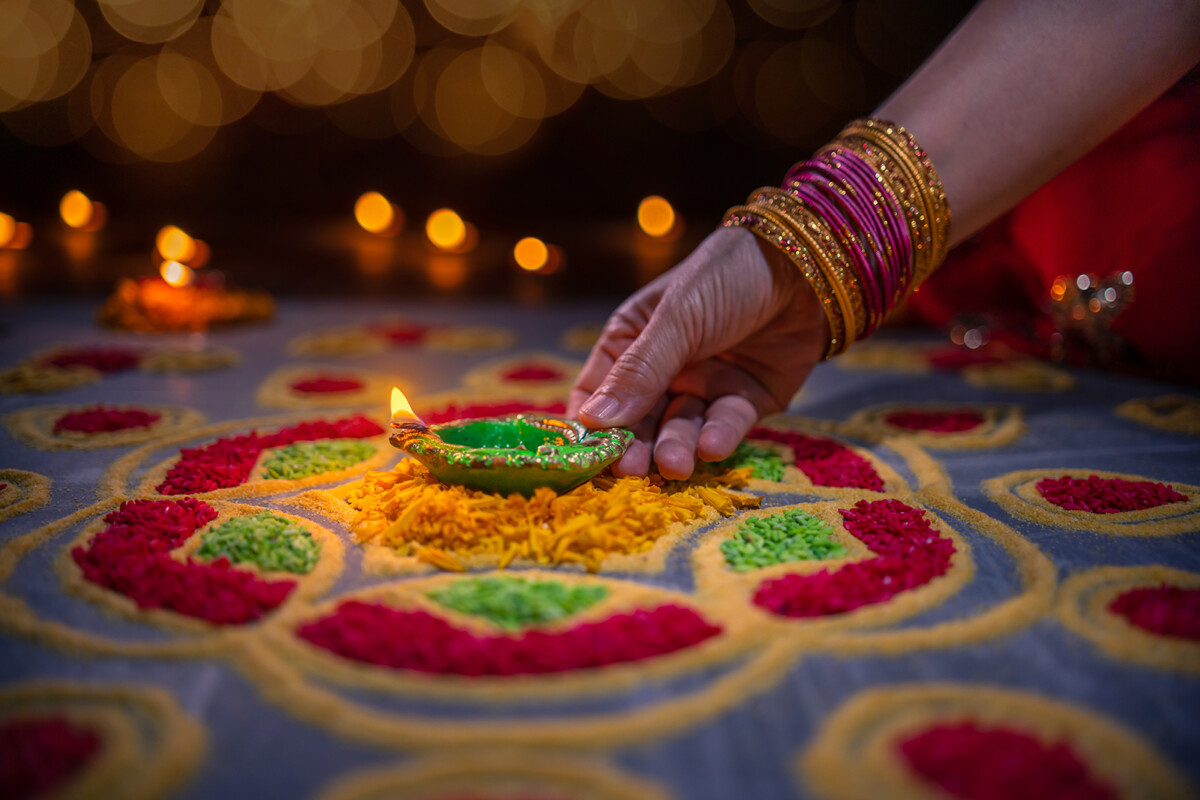Though there are over 3 million Hindu Americans, holidays and festivals in the Hindu Dharmas do not yet benefit from widespread recognition at a national level primarily because they lack the requisite educational and policy support. The Hindu American Foundation (HAF) is working to change that and we believe that support from individuals (like you!) is essential to that effort. Using student’s requests to observe Hindu holidays and festivals provides a great opportunity to educate those who have not been previously exposed to the Hindu religion and spread awareness of these practices.
This page provides information that can be used by Hindu students (and their parents) to request religious accommodation so that they can fully celebrate and observe religious holidays or festivals. Hindu spiritual traditions are very much a function of “practice” – they are often transmitted through the celebration of festivals, and it takes repetition over years to learn the nuanced rituals and legends associated with each holiday. This is complicated by the fact that each family can have their own version of those traditions and rituals. Ultimately, celebrating these festivals is the primary way that Hindu families pass on their Dharmic traditions to the next generation. The opportunity to observe your religious festivals or holidays is indispensable to the free exercise of your religion. Consistent with that principle, we provide these resources to help Hindu students observe their religious beliefs through the celebration of holidays and festivals.
Below, we discuss examples where religious accommodation should be requested and provide a template letter that can be used to request accommodation of religious holidays or festivals. You should edit the final letter to accurately reflect your needs and religious practices. For reference, HAF maintains a calendar and detailed information on commonly celebrated Hindu holidays and festivals. We also have resources that provide an overview of religious accommodations and include detailed guidance on how to request them for students.



Examples
Example 1
A group of students is assigned to present a group project on the same day as Diwali. The group includes a Hindu student who plans to be absent on that day to observe the religious holiday with their family. That student should request religious accommodation to observe Diwali with an excused absence and permission for their group project to be presented on another day.
Example 2
A teacher has scheduled a midterm to take place on the day after Shivratri. A Hindu student in the class usually observes Shivratri by fasting all day, then participating in meditation and prayers that take place throughout the night. Because of this religious holiday, the Hindu student would be at a severe disadvantage if they had to take the midterm as scheduled, after they have been awake all night. That student can request religious accommodation with an excused absence to observe Shivratri and permission to take the midterm on another day.
Important reminder: Each school or district has their own policy on excused absences and total permitted absences. Even if they are excused, absences granted to accommodate religious observances usually count towards total permitted absences. You should familiarize yourself with the school’s policy on absences and attendance requirements. If a student does not receive permission for an absence (particularly one that should be excused) or goes over the total permitted absences, they can be subject to discipline. Going over the total permitted absences in a school year can even prevent a student from moving to the next grade/year or staying enrolled in that school.
Sample Letter
Please make sure to fill out the form on the side so that the letter is automatically populated with your information.
Re: Religious Accommodation Request (Religious Observance)
Dear ,
I am writing to request a religious accommodation for my child, . Our family, including , practices the religion of Hinduism and observes holidays consistent with Hindu Dharmic traditions. In order to allow to observe our Hindu religious beliefs and practices, we are requesting the following accommodation:
I would also like to provide the school with some educational material on Hindu religious observances. Our family will be observing , and information relating to that holiday can be found on the website for the Hindu American Foundation, a non-profit education and advocacy organization.
I am happy to work with you to ensure that is fully meeting expectations for the academic curriculum and to ensure that there is no penalty for this religious observance. You are very welcome to reach out to me if you would like to further discuss this request. I can be reached at or .
With gratitude,
Signature






































